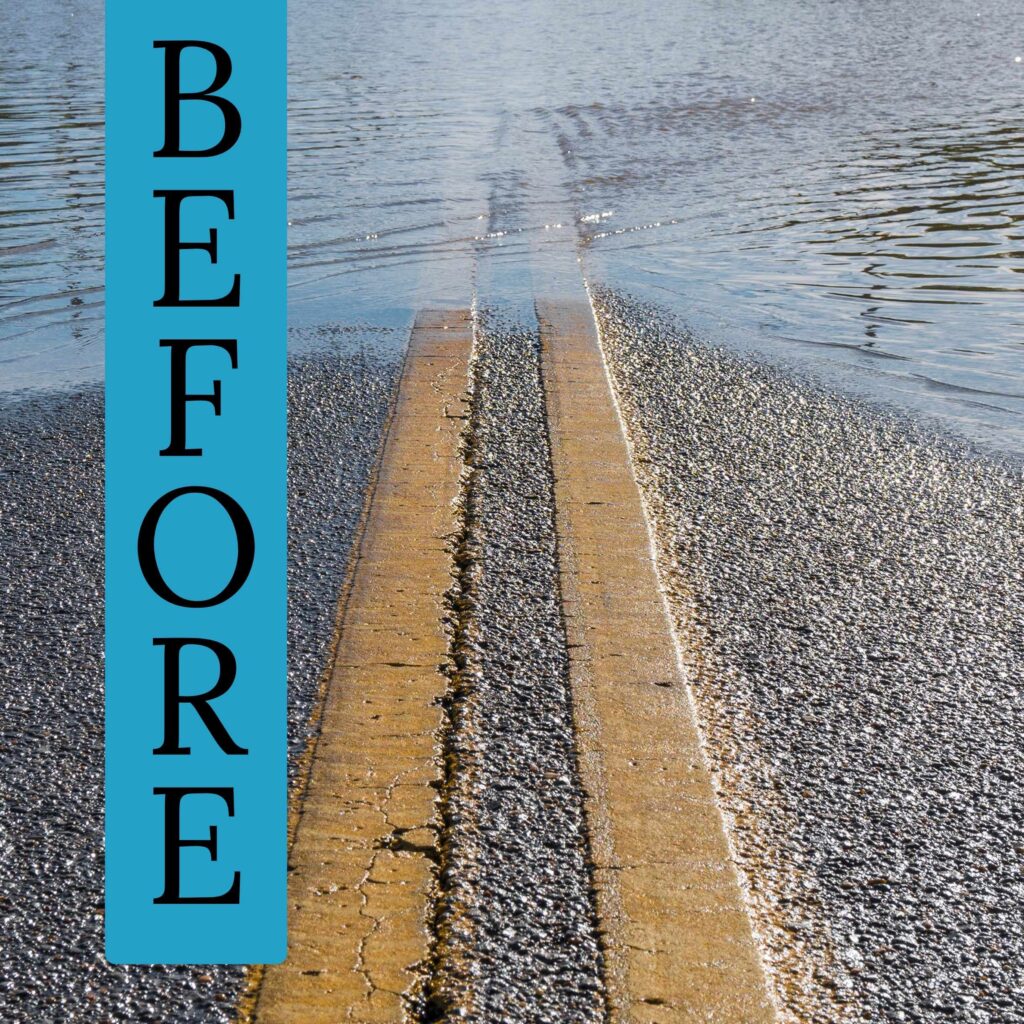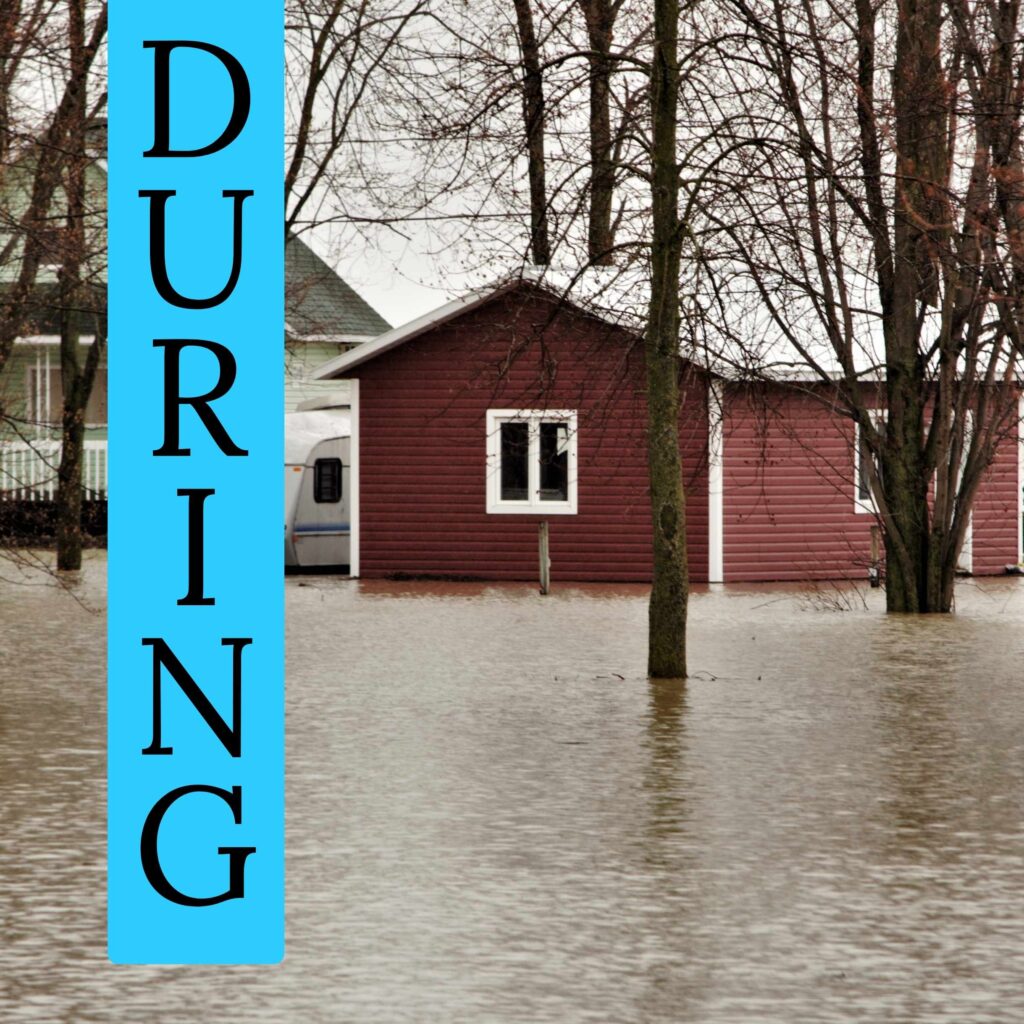


Flooding in Skamania County
Skamania County’s stunning landscapes are carved by rivers, creeks, and valleys that are prone to flooding, particularly during periods of heavy rainfall, snowmelt, or rapid weather changes. While these waterways contribute to the county’s natural beauty, they also present risks to infrastructure, property, and safety when conditions align for flooding.

Causes of Flooding in Skamania County
Flooding in the region is driven by a combination of natural and climatic factors:
Landslide-Induced Flooding: Landslides, common in Skamania’s steep terrain, can block waterways, creating sudden flood hazards when these barriers fail.
Heavy Rainfall: The Pacific Northwest’s wet climate brings periods of intense rain, especially in late fall and winter, which can overwhelm rivers and creeks.
Snowmelt: Warmer temperatures during spring can rapidly melt mountain snowpack, causing rivers to swell.
Atmospheric Rivers: These intense storms, often called “Pineapple Express” systems, bring significant moisture from the Pacific Ocean, resulting in heavy precipitation over a short period.

Areas Most Affected
Flooding can impact various parts of the county, including:
Culverts and Drainage Systems: Blockages in drainage infrastructure can exacerbate flooding during heavy rain.
Roadways: Critical routes, such as Highway 14 and local roads, can become impassable due to water inundation or debris.
Low-Lying Communities: Areas near the Wind River, Washougal River, and other creeks are especially vulnerable.

Impacts of Flooding
Flooding poses multiple challenges to residents and the county as a whole:
Environmental Concerns: Erosion, sediment displacement, and debris can damage ecosystems and water quality.
Property Damage: Homes, businesses, and agricultural land are at risk of water damage.
Road Closures: Flooded roads can isolate communities, delay emergency response, and disrupt daily life.

Preparing for Flood Events
Flood preparation is key to minimizing damage and ensuring safety. Following Skamania County’s slogan—“After, Before, and During—Prep Yourself”—here are actionable steps:
Be aware of contamination risks from floodwater, which may carry debris and pollutants.
Before Flooding:
Know your property’s flood risk by checking floodplain maps.
Ensure your home’s drainage systems are clear and functioning.
Prepare an emergency kit with essentials, including waterproof bags for critical documents.
Purchase flood insurance if you live in a high-risk area.
During a Flood:
Avoid driving or walking through flooded areas—just six inches of moving water can knock a person over, and a foot can sweep away a car.
Move to higher ground immediately if flooding is imminent.
Stay informed through local alerts and warnings.
After Floodwaters Recede:
Inspect your property for damage but avoid entering areas with standing water until they are deemed safe.
Document any damage for insurance purposes.

Long-Term Flood Resilience
Community Efforts: Participate in local initiatives aimed at improving drainage infrastructure and mitigating flood risks.
Environmental Stewardship: Support reforestation and other measures that reduce runoff and erosion.
Education and Awareness: Encourage flood readiness through public workshops and resources, ensuring everyone understands their role in preparedness.

Why Flood Awareness Matters
Flooding is a recurring reality in Skamania County, but with preparation and resilience, residents can face this challenge head-on. By taking proactive measures and leaning on community strength, we can protect what matters most and navigate these natural events safely and effectively.
Skamania County, where the power of nature meets everyday adventure, reminds us to “Prep Yourself” for the forces that shape this beautiful region.